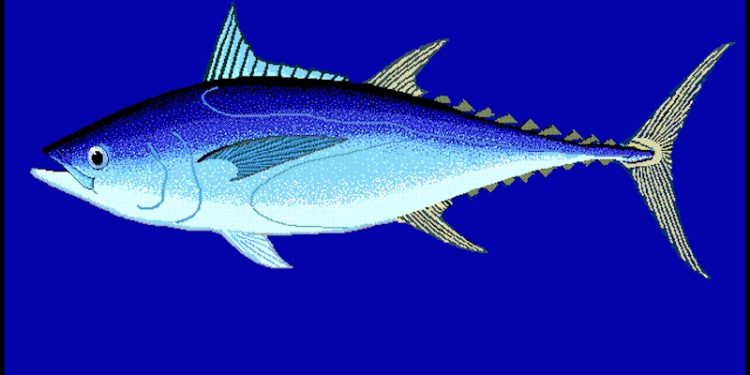The failure of the Western and Central Pacific Fisheries Commission to address the problem of northern bluefin has come in for extensive criticism both inside the industry itself and from NGOs.
Representatives of the WCPFC’s Northern Committee reported initially that they recommended taking no action to limit fishing in the northern Pacific bluefin fishery. Representatives of the Forum Fisheries Agency, which includes all members of PNA, were quick with strong criticism of this lack of action. Taking things in an unprecedented direction, the Northern Committee was directed to to reconvene to address the concern of the Commission that conservation measures be recommended for this fishery.
‘Distant water fishing nations will need to support management measures for the high seas in order for the Pacific tuna fishery to be sustainable for the long-term,’ said PNA CEO Ludwig Kumoru, adding that fishing inside the 200-mile EEZs of PNA members is regulated and well-managed.
‘But high seas fishing remains largely out of control and urgently needs increased conservation management measures,” he said. “This refusal to take action demonstrates clearly who is blocking tuna conservation in the region. Bluefin tuna is fished on the high seas by distant water fishing nations and they are the ones refusing to fix a problem they have caused.’
Eugene Pangelinan, Executive Director of fisheries for the Federated States of Micronesia and FSM delegation head at the WCPFC, told the Commission plenary session that, “the Northern Committee needs to step up its game.”
He said the Commission needed to provide guidance to the Northern Committee because its report was entirely unsatisfactory.
WWF and other NGOs also weighed in with criticism of the Northern Committee’s failure to act, even considering the stock of Pacific northern bluefin is believed to have been depleted to around 3% of its historic stock level, with WWF claiming that northern bluefin tuna is facing economic and ecological extinction.
Bubba Cook of WWF commented that Japan, which accounts for 80% of the bluefin catch, could solve the problem practically at a stroke.
‘The country could easily say ‘we are simply not going to accept any more Pacific bluefin tuna.’ As a fishing nation and as a consuming nation Japan could end the crisis with Pacific bluefin today, if they wanted. So it really is a matter of political will,’ he said.
‘WWF considers this outcome as essentially ‘a non-action’ by the WCPFC. If there were ever a fish stock that required immediate protection, the Pacific bluefin stock is it. How low does its population have to go before authorities will take action?’ asked WWF’s Dr Mireille Thom, commenting that this failure has been compounded by the Commission’s lack of decision to establish a target reference point for South Pacific albacore tuna. While the South Pacific albacore stock is biologically healthy, WWF asserts that it has continued to decline due to overexploitation driven by a major increase in foreign fishing effort in the region, primarily from heavily subsidised fleets from China.
‘The Northern Committee has failed,’ said New Zealand official John Annala speaking on behalf of FFA members during one of the plenary sessions.









